Q&A: Cuil co-founder Tom Costello
Three months after a much-hyped launch, search engine Cuil is still chasing Google as it looks to bring more innovation into online search.


Three months ago, search engine Cuil launched. It hit the headlines claiming to be the biggest search engine, saying it out-indexed and offered better results than Google and it was backed by $33 million in investment and created by former Google staffers.
Millions of people poured onto the site, crashing it. Many of those who did manage to try Cuil out said the results were flawed, while in the weeks that followed webmasters complained the Cuil indexing robot was taking down their sites by hammering them with traffic.
Now, it's all gone rather quiet. Cuil barely manages a percentage point of the market, and hasn't turned out to be the immediate Google killer some seemed to be hoping for.
Despite the criticism and the - so far - inability to make a dent in Google, Cuil is still motoring along, according to co-founder and chief executive Tom Costello, speaking to IT PRO this week.
IT PRO: Cuil's been live for three months, so you're starting to get settled in. What are you working on at the moment?
Costello: What we're working on primarily is improving our coverage and our quality, which is always absolutely vital for any search engine. We are adding some additional features - the kind of things that people expect. We recently added some video search, which we'll be expanding. We're also right now working on some mapping stuff, because a lot of people expect to use maps.
Beyond that we're definitely really excited about trying to use more structured information, trying to understand a little bit more and be able to guide people round the web. One of the things that's really shocking about the web is how little of it you see. It's really an immensely broad spectrum of things that are out there.
Sign up today and you will receive a free copy of our Future Focus 2025 report - the leading guidance on AI, cybersecurity and other IT challenges as per 700+ senior executives
And also when you go to it you find out very small number of facts, a very small amount of information, because of the way search engines are currently. They're very limiting and you don't get an sense of the broad expanse of info that's out there.
When Cuil launched, there was this claim that it was indexing a lot more than any one else and when people say anyone else, they mean Google. The idea of a Google killer' drove a lot of people to Cuil but it didn't work.
The way I always think of it is it's like a restaurant. If you had 40 million people show up to your restaurant... it really doesn't matter how good your restaurant is if, on the first day, too many people show up [so] you really can't quite deal with it.
We were getting an enormous amount of traffic on our first day and of course the one day that things are never quite at their best, you haven't worked out all the kinks, is on day one. When we first launched, like anything starting off, we had some issues.
And since then, we have definitely tried to work on those issues, we've got a lot more reliability in there and the quality of results is something we're working on over time.
Right now, you do see we have very different results and that's something that's terribly important. We don't want to do something a lot of search engines try to do we don't want to make a copy of Google, like Microsoft or Yahoo are aiming at. We don't want to do something just the same. I don't see any benefit in doing something like Google again.
We're trying to build something different [for] when people can't find what they're looking for in Google, when they want a different perspective and another way of looking at the web. We give them that different perspective.
The criticisms weren't just centred on the reliability of the site itself, but the results. One criticism was that people were searching for something they knew existed, but couldn't find it. What's your response to that, and what have you improved.
We're constantly, every week, improving our quality.
I think that one of the things that does happen is that sometimes people feel they have an inalienable right, if they've ranked number one in Google, that they should rank number one in all search engines.
Freelance journalist Nicole Kobie first started writing for ITPro in 2007, with bylines in New Scientist, Wired, PC Pro and many more.
Nicole the author of a book about the history of technology, The Long History of the Future.
-
 Trump's AI executive order could leave US in a 'regulatory vacuum'
Trump's AI executive order could leave US in a 'regulatory vacuum'News Citing a "patchwork of 50 different regulatory regimes" and "ideological bias", President Trump wants rules to be set at a federal level
-
 TPUs: Google's home advantage
TPUs: Google's home advantageITPro Podcast How does TPU v7 stack up against Nvidia's latest chips – and can Google scale AI using only its own supply?
-
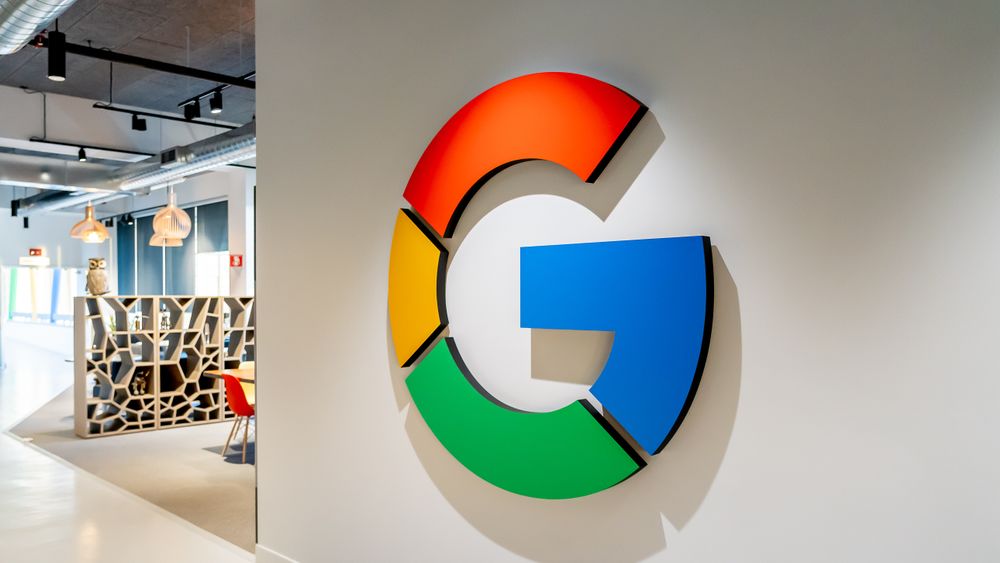 Google looks to shake up the way the tech industry classifies skin tones
Google looks to shake up the way the tech industry classifies skin tonesNews The tech giant is pursuing better ways to test for racial bias in tech products
-
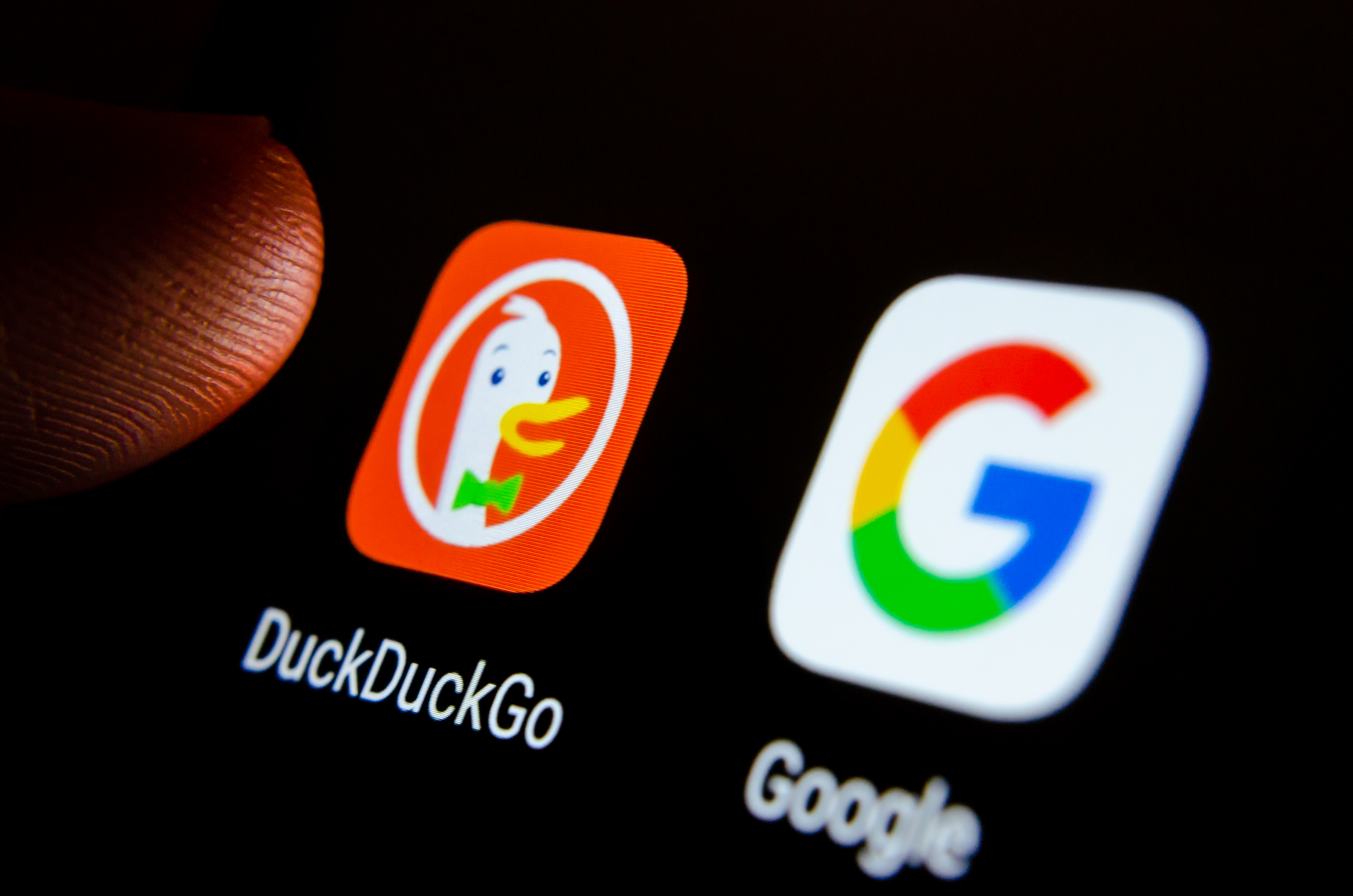 DuckDuckGo vs. Google: Privacy or popularity?
DuckDuckGo vs. Google: Privacy or popularity?Vs Google may reign as king, but it’s not the only option in the world of search
-
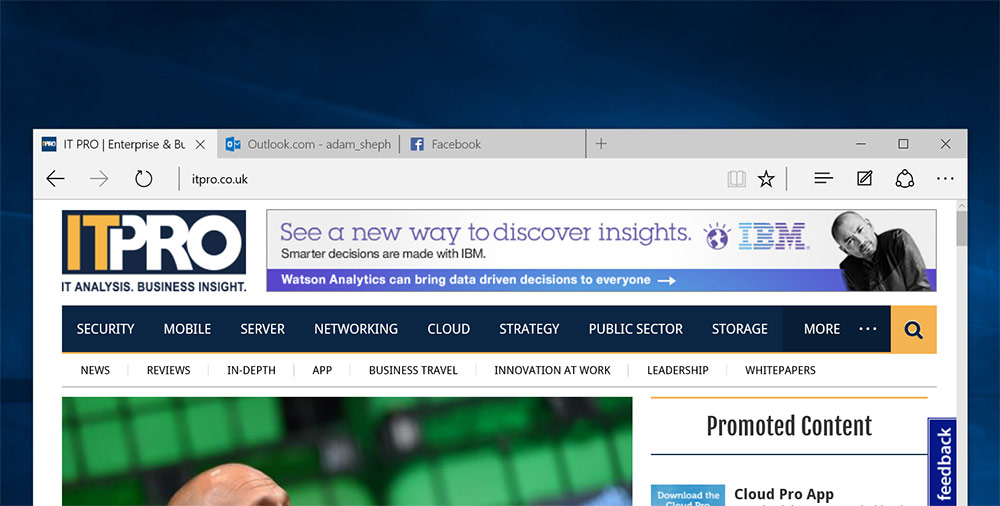 How to change your search engine in Microsoft Edge
How to change your search engine in Microsoft EdgeTutorials If you'd rather search through Google than Bing, here's how to change your default search provider in Windows 10's new browser
-
 Google's top 2014 search trends revealed
Google's top 2014 search trends revealedNews Google 2014 trends have been unveiled, and include the year’s biggest sporting events, tech releases, cat stats and more
-
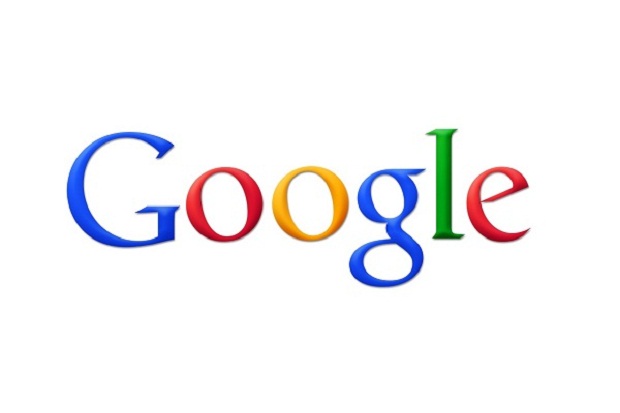 Google declares Amazon its biggest search rival
Google declares Amazon its biggest search rivalNews Google has dubbed Amazon its biggest rival above other traditional search engine companies
-
 EU demands more concessions from Google over search dominance
EU demands more concessions from Google over search dominanceNews Google gets another chance to end probe
-
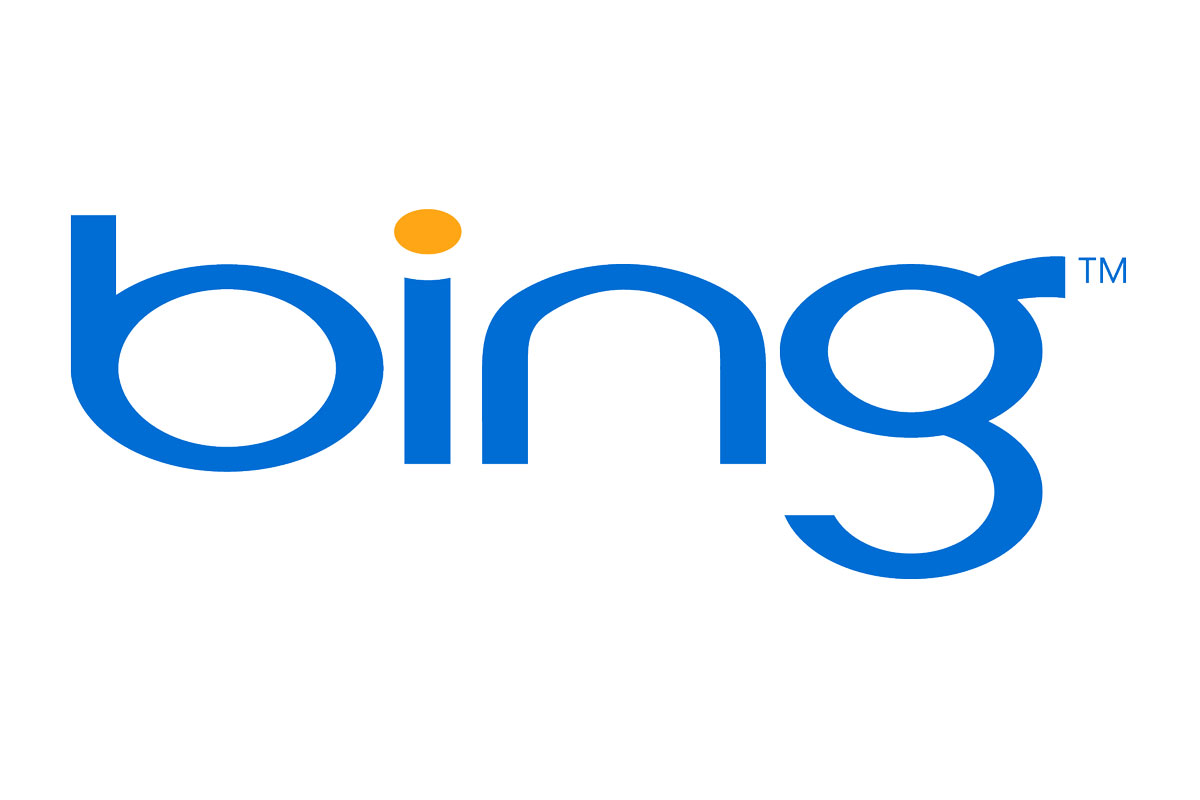 Bing's search now includes academic research
Bing's search now includes academic researchNews Scholarly articles will also be featured in Microsoft's Cortana Personal Assistant
-
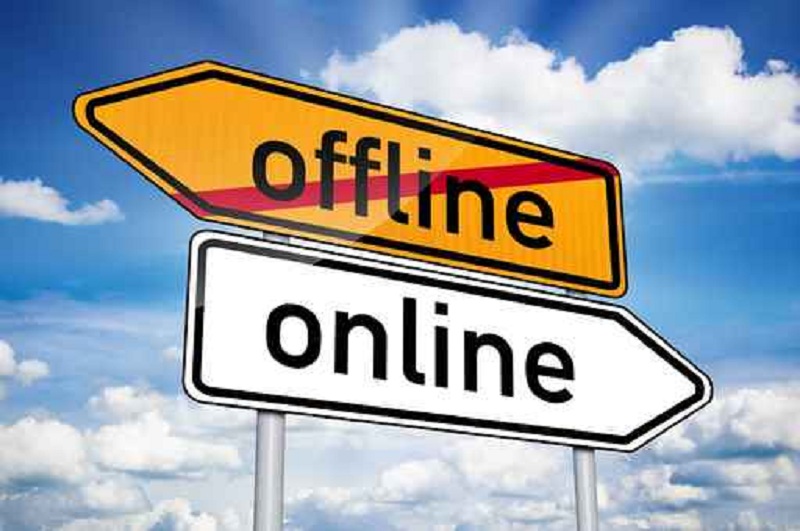 UK demands EU drops right to be forgotten law
UK demands EU drops right to be forgotten lawNews The government has asked for the right to be forgotten law to be removed from new European Union data protection laws
